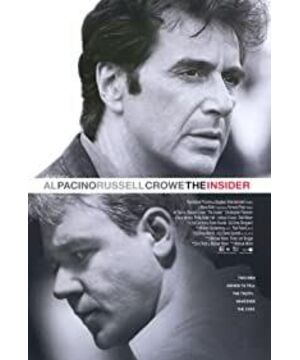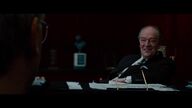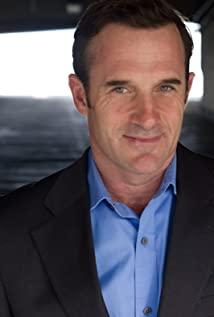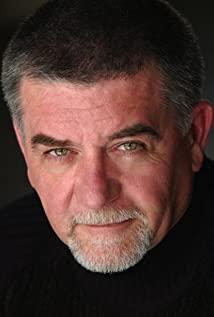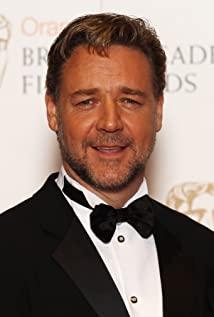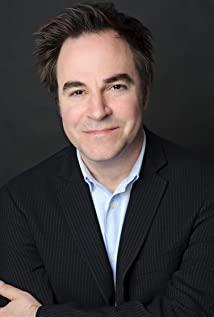In contrast to "The Insider", I think in addition to criticizing the existing system's lack of restrictions on press freedom (for example, in the final subtitle of the film, "multiple states have sued tobacco companies for more than $200 million in compensation, but the court has not ruled that tobacco companies need compensation", implying that the judicial system will be infringed by the power of capital), there are two meanings: First, multiple constraints make the truth appear, but it still stems from interests. For example, even if CBS does not allow the full version of the 60-minute program to be reported, the newyork time and the Wall Street Journal will once again put news on the table in another form and affect the audience. This is the benefit of press freedom in the United States. The old media are fiercely competitive, and whoever gets the most cutting-edge information is more competitive. Therefore, the so-called freedom of the press in modern America also stems from capitalization, and news is only used to make money. In this way, after all, it will still be much better than China. Here is the unspoken rule of attacking the system. Press freedom or information truth will be threatened by big capital interests, and will also be affected by the competition of newspapers and TV stations, and return to interests, so the American democratic system is only The uncompleted tug-of-war platform for the interests of all parties, at least, China does not even have such a reasonable tug-of-the-saw platform for interests.
Second, modern Western films have rarely exposed the ills to the system. Instead, it is human nature. The intersection of human nature is manifested in Mike's betrayal, the cbs Department of Justice's worry about cutting the program, Lowell Bergman's perseverance, and the former scientific research production of tobacco companies. Department Director Dr. Jeffrey Wigand's Inner Wars and Real Sacrifice. The parallel plots of the two protagonists cross each other, which makes people understandable and meaningful. Dr. Jeffrey Wigand has many times suspected that the producer has bad intentions and deliberately harmed him. In the end, he has to face the sacrifice of his wife's departure. This is not the sublimation of human nature. Doubt, sacrifice and redemption, the process of regeneration?
Last but not least, this film is a film that criticizes the unspoken rules of the system. Although you have to admit that the American democratic system is superior, you should think about it, will Americans make a film praising their own system? Of course it is. Criticize its own system, which is why America is democratic and superior.
View more about The Insider reviews


